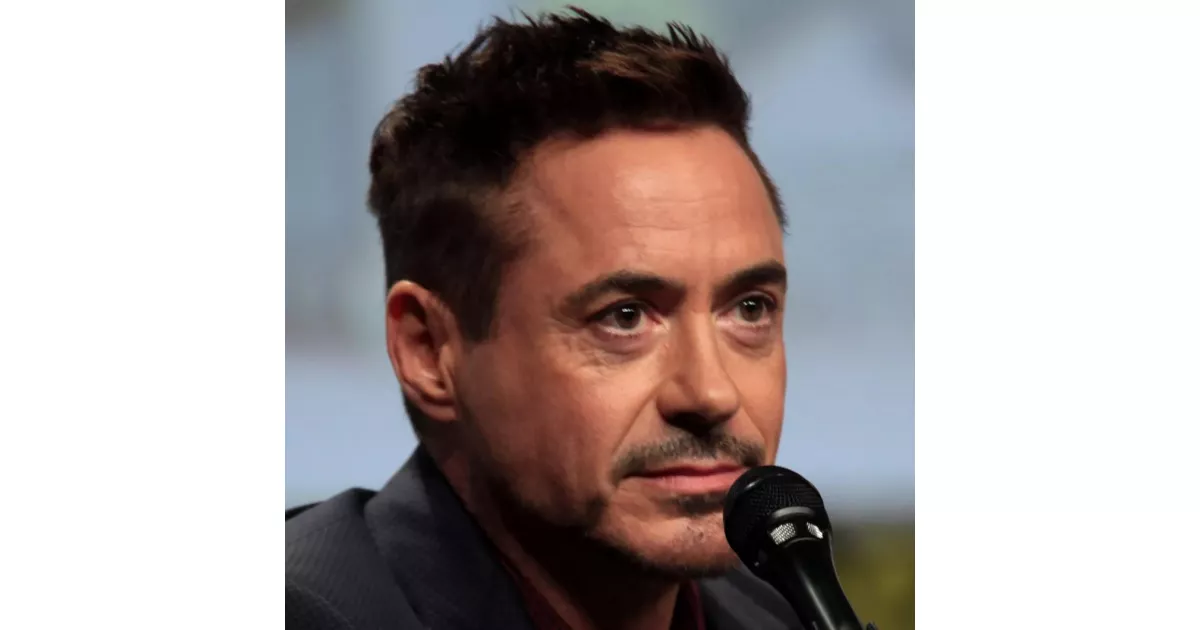A closer look at the defining struggles that shaped Robert Downey Jr.'s life and career.
Robert Downey Jr. (RDJ) is a highly successful American actor, with his films grossing over $14 billion worldwide. He was recognized as one of Time magazine's 100 most influential people in 2008 and was Forbes' highest-paid actor from 2013-2015. Downey Jr. has received prestigious awards, including an Academy Award, an Emmy Award, three Golden Globe Awards, two BAFTA Awards, and three Screen Actors Guild Awards, solidifying his status as a prominent figure in Hollywood.
1991: Separation from Sarah Jessica Parker
In 1991, Robert Downey Jr. and Sarah Jessica Parker separated after eight years of dating, due to his drug addiction.
1996: Falconer Left Downey
In 1996, Deborah Falconer left Robert Downey Jr. due to the strain on their marriage from his repeated trips to rehab and jail.
1999: Downey seeks psychiatric advice while at Corcoran II
In 1999, while at Corcoran II, Robert Downey Jr. wrote a letter to psychiatrist Dr. Manijeh Nikakhtar seeking advice on his condition, revealing that he hadn't received a complete psychiatric evaluation and expressing his belief that he might be bipolar.
April 2001: Downey's last arrest and decision to seek help
In April 2001, after his last arrest, Robert Downey Jr. faced potential prison time or court-ordered rehab and decided to commit to recovery, acknowledging his inability to continue his cycle of addiction.
2001: Falconer Filed for Divorce
In early 2001, Deborah Falconer filed for divorce from Robert Downey Jr., citing "irreconcilable differences".
2003: Woody Allen unable to cast Downey due to insurance issues
In 2003, Woody Allen wanted to cast Robert Downey Jr. in his film 'Melinda and Melinda' but could not secure insurance for him, preventing his participation in the project.
2020: Downey stars in Dolittle
In 2020, Robert Downey Jr. starred in 'Dolittle', a film produced by Team Downey, where he played a veterinarian who can communicate with animals, but the movie was a box office disappointment.
Mentioned in this timeline

Donald John Trump is an American politician media personality and...

Oprah Winfrey an American talk show host television producer actress...
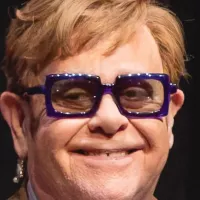
Sir Elton John is a highly successful British singer songwriter...

Barack Obama the th U S President - was the...

Joe Biden a member of the Democratic Party served as...
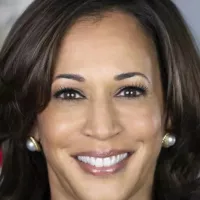
Kamala Devi Harris is an American politician and attorney notable...
Trending
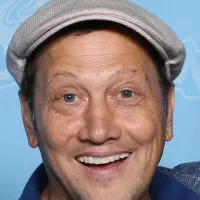
Rob Schneider is an American actor and comedian best known for his time as a cast member on Saturday Night...

4 months ago DeRozan Believes Clifford Can Be A Star; Kings Surprise Lineup Move.

3 months ago Goldie Hawn Celebrates Her 80th Birthday by Defying Ageing with Youthful Looks

10 months ago Mavericks Announce News Before Kings Game; Malik Monk's Performance Anticipated.
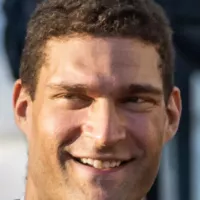
9 months ago Brook Lopez's Role in Bucks-Pacers Series Questioned; Workload Reduced in NBA Playoffs

3 months ago Cade Cunningham Leads Pistons to Sixth Straight Win Despite Mounting Injuries.
Popular

Kid Rock born Robert James Ritchie is an American musician...

Melania Trump a Slovenian-American former model has served as First...

XXXTentacion born Jahseh Dwayne Ricardo Onfroy was a controversial yet...

Thomas Douglas Homan is an American law enforcement officer who...

Instagram is a photo and video-sharing social networking service owned...
The Winter Olympic Games a major international multi-sport event held...
